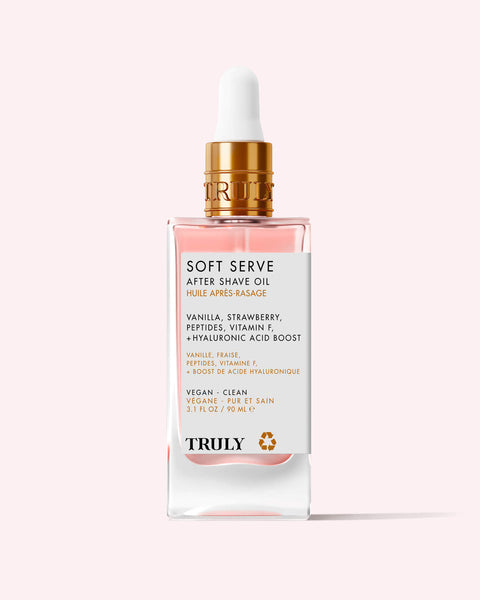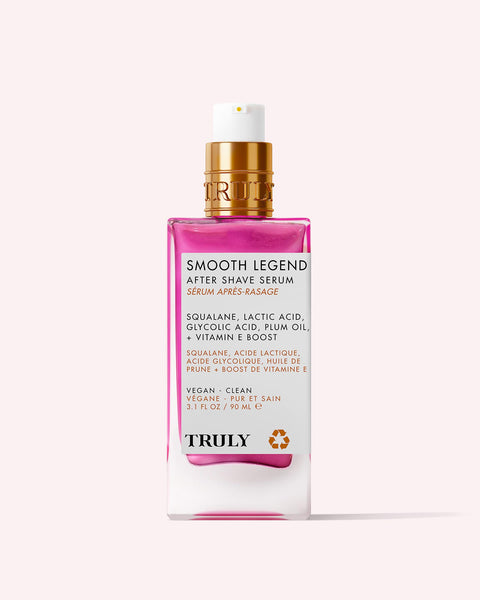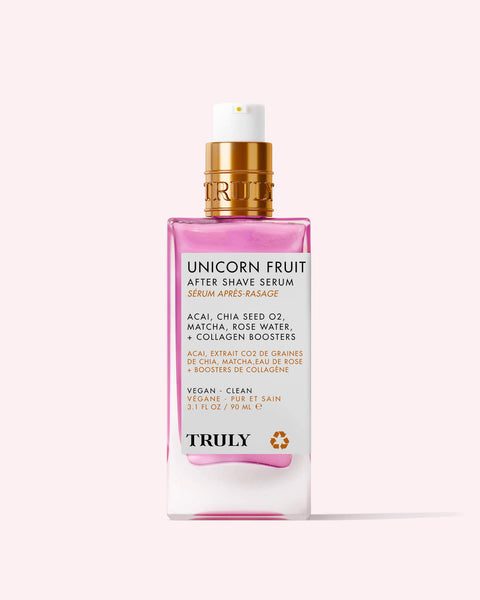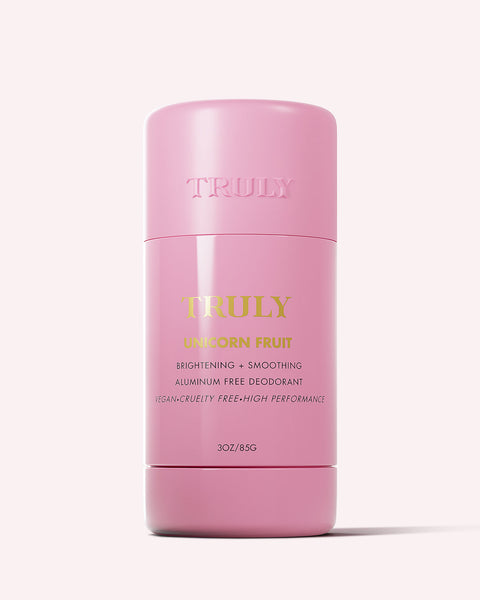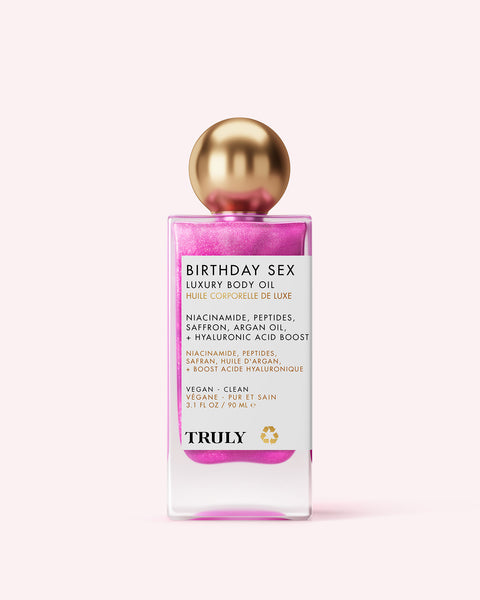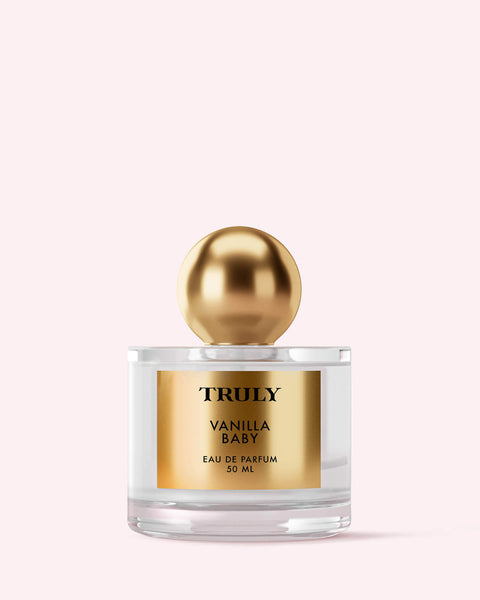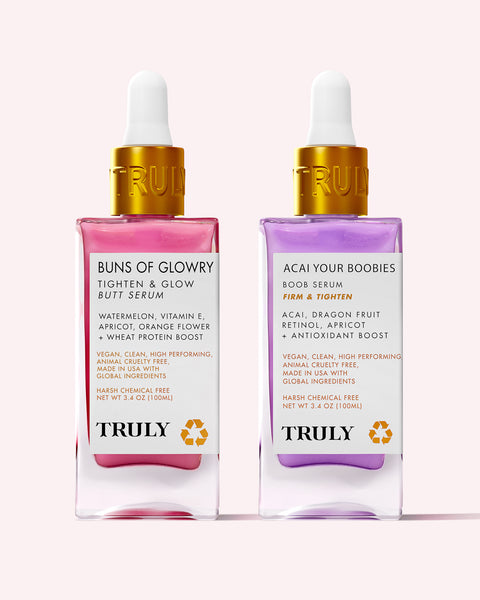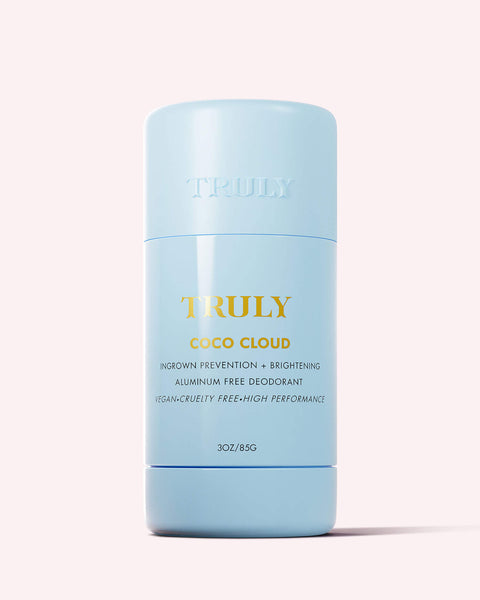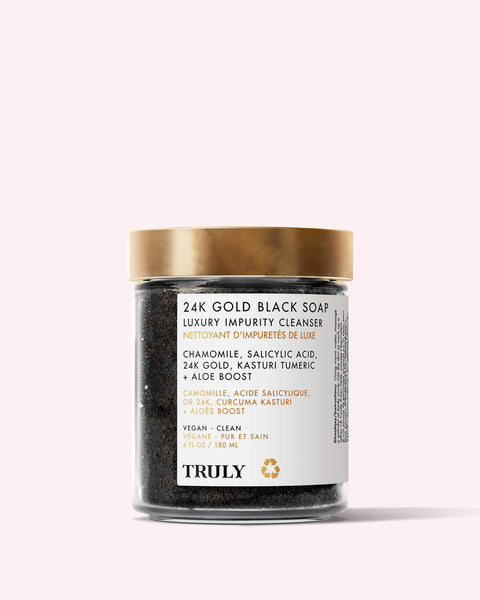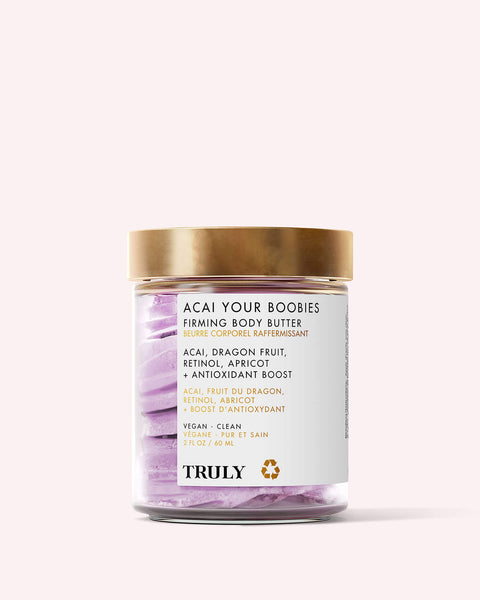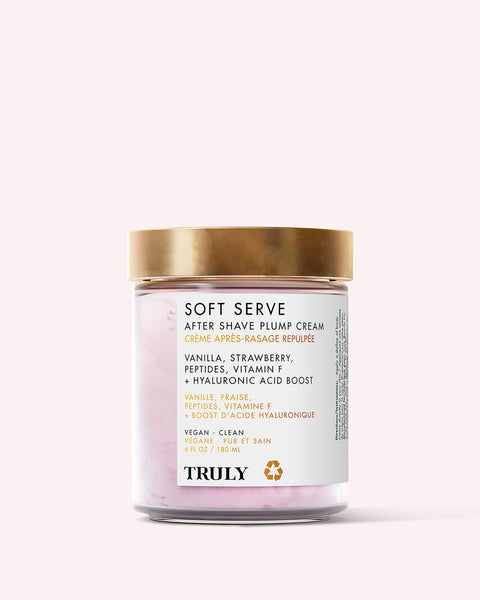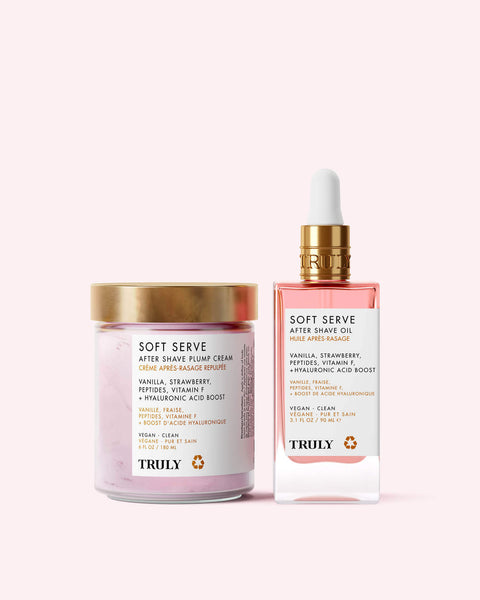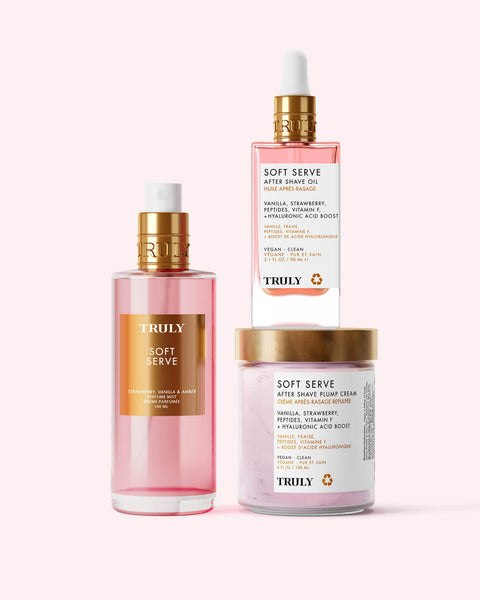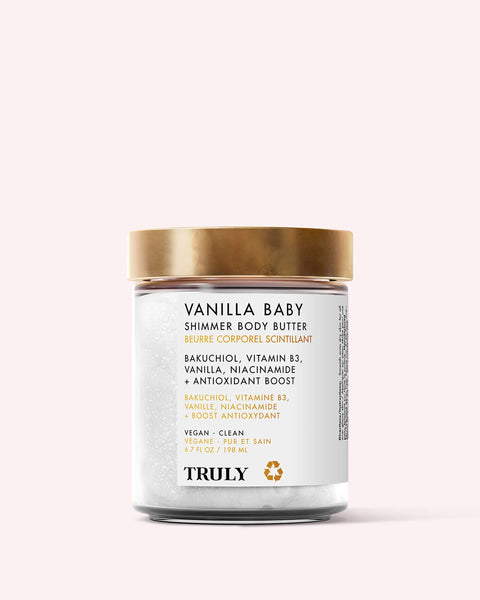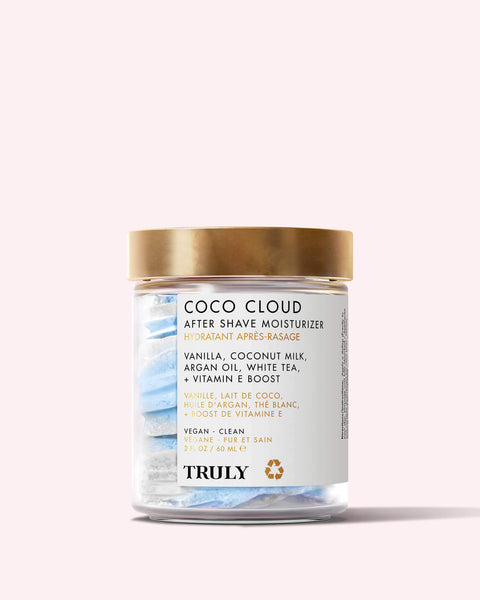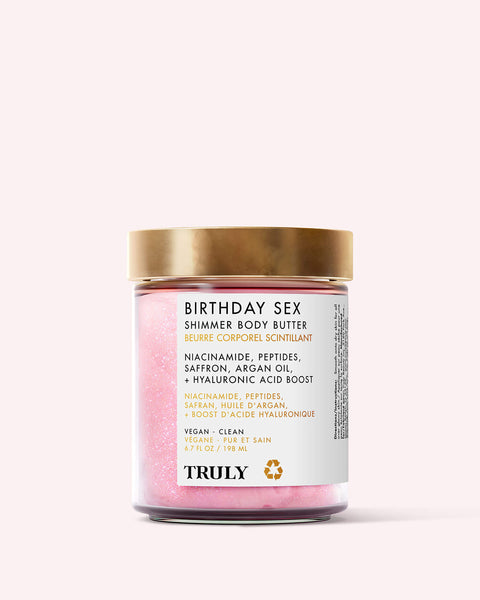How Often Should You Reapply Sunscreen?
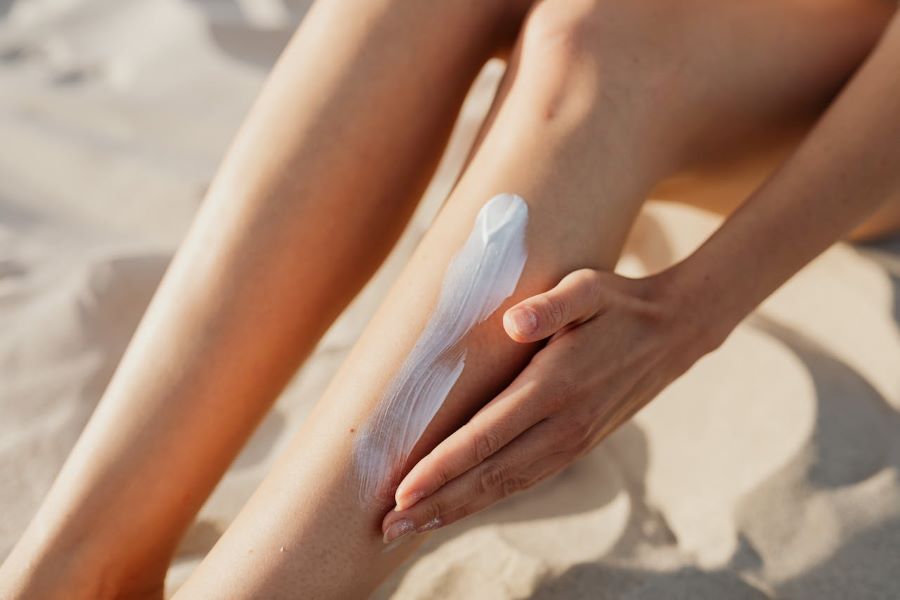
How often should you reapply sunscreen? Sunscreen is one of the best tools to protect your skin against harmful UV rays. Since prolonged sun exposure can lead to sunburn, premature aging, and even skin cancer, it’s important to know how to use it correctly. Or more specifically— how often to reapply sunscreen.
Even if you slathered on the sun protective lotions before leaving the house, if you’re not reapplying it regularly, you’re not getting maximum protection against UV radiation.
So, how often do you need to reapply sunscreen if you’re at the beach all day? Or what about if you’re just running some quick errands outdoors? Let’s look at how often to reapply sunscreen to keep your skin healthy.
How Often Should You Reapply Sunscreen?
According to dermatologists, sunscreen should be reapplied every two hours. If you’re going in the ocean or pool, or sweating excessively, you may need to reapply sunscreen more frequently to maintain adequate protection.
If you’re just taking a stroll outdoors, you may not need a second application. However, it’s worth keeping a bottle of sunscreen in your bag just in case you need a top up. Keep an eye on how long you’re outside and exposed to the sun to ensure you’re getting enough sun protection.
You can increase your protection by wearing sunglasses, wide-brimmed hats, and other sun-protective clothing.
Why Reapplying Sunscreen is Important
Sunscreen reapplication is just as essential as sunscreen application. If you’re outside for long periods of time and you’re not re-applying sunscreen, you increase your risk of sunburn, skin damage, skin aging, and skin cancer.
Now you know how often should you reapply sunscreen to keep skin healthy, why does it matter? There are two main reasons why it’s important to regularly reapply your sunscreen. First, to protect your skin from surface level burning which comes from UVB rays. Second, to protect your skin from deeper level damage caused by UVA rays.
Sunburn usually happens when you’re not reapplying SPF often enough. It’s not always down to the product itself, but rather the frequency of use. By reapplying sunscreen every two hours, or more often, you reduce your risk of sunburn and skin cancer while keeping your skin happy and healthy.
What to Look for in Sunscreen
For daily use, pick a broad-spectrum sunscreen with SPF 30 or higher. If you have very fair skin or you spend a lot of time outdoors, you might be better off with a higher SPF like SPF 50. Here are some factors to bear in mind when choosing sunscreen.
Broad-Spectrum Protection
Pick a sunscreen that offers broad-spectrum protection, which means it protects against both UVA and UVB rays. UVA rays can prematurely age your skin, causing fine lines, wrinkles, and age spots, while UVB rays can burn your skin. Both types contribute to the risk of skin cancer.
By choosing a broad spectrum sunscreen, you’re ensuring your skin is protected from both types of ultraviolet rays, which can both damage the skin.
Sun Protection Factor (SPF)
For daily use, select a sunscreen with an SPF of at least 30. This level blocks about 97% of UVB rays. If you have very fair skin, a history of skin cancer, or spend extended periods outdoors, consider a higher SPF, such as SPF 50 or more, for additional protection.
You’ll find that many creams and lotions contain SPF 15 which provides minimal protection against sun damage. Always opt for a high SPF.
Water Resistance
If you swim or sweat a lot, choose a water-resistant sunscreen. Water-resistant sunscreens are effective for 40 to 80 minutes in the water or when sweating, but you will need to reapply after that time or after towel drying.
Water-resistant sunscreens often come in thicker formulations such as creams or sticks, which adhere better to the skin when wet. These formulations may feel heavier but provide better protection during water activities.
Formula
Look for sunscreens with safe and effective ingredients. There are two types of sunscreen: physical sunscreens and chemical sunscreens. Physical (mineral) sunscreens contain zinc oxide or titanium dioxide and are often recommended for sensitive skin types, as they are less likely to cause irritation. Mineral sunscreens are well recommended for children as they’re the gentlest option.
Chemical sunscreens, on the other hand, may contain avobenzone, octocrylene, or homosalate, which absorb UV radiation but can sometimes cause irritation. However, they tend to be more water and sweat resistant.
Trade Tanning for a Natural Glow This Summer
We all love looking bronzed and sunkissed in the summer. Do we love the side effects that come with a sun tan? Absolutely not! Think: fine lines, wrinkles, sun spots, sagging skin, and skin cancer. No thanks! Try these glow-boosting body oils instead.
Truly’s Luxury Body Oil Trio
SHOP NOW
Sun, sand, and shimmering skin....yes please! This luxury body oil set features three supercharged body shimmer oils that add instant glimmer while solving common summer skin concerns like dullness, dry skin, dark spots, and sagging.
Instantly restore shimmering radiance with these glow-enhancing oils. They come in three gorgeous shades: golden, pink, and pearlescent. And they smell delicious!
Don’t worry if you’re not ready to commit to all three. You can purchase each oil individually for a brightening, tightening boost this summer.
Does Sunscreen Lose Effectiveness After 2 Hours?
Sunscreen is broken down by the effects of direct sunlight, not by time. Natural processes such as sweating and sebum production can also disrupt the effectiveness of sunscreen over time.
If you’re spending a lot of time outdoors, your sunscreen is more likely to lose its effectiveness after two hours because of prolonged exposure to sunlight. If you’re indoors, on the other hand, your sunscreen will last a lot longer because there are fewer factors breaking it down.
Overall, sunscreen reapplication every two hours is imperative for ensuring continued UV protection throughout prolonged periods of sun exposure.
Do I Really Need to Reapply Sunscreen Every 2 Hours?
Yes, according to skincare experts, you do need to reapply sunscreen every two hours to protect your skin against UV rays. If you’re swimming or sweating a lot, make sure you reapply sunscreen more often to maintain maximum protection. Even with water resistant sunscreens, you should still be reapplying them regularly to avoid sunburn and skin damage.
How often should you reapply sunscreen? Even if you’re using the best sunscreen, if you’re not reapplying it regularly, you can still be susceptible to a number of skin concerns. So make sure you wear sunscreen every day—and reapply it at least every two hours.
Feature Photo by Karolina Kaboompics, Pexels



